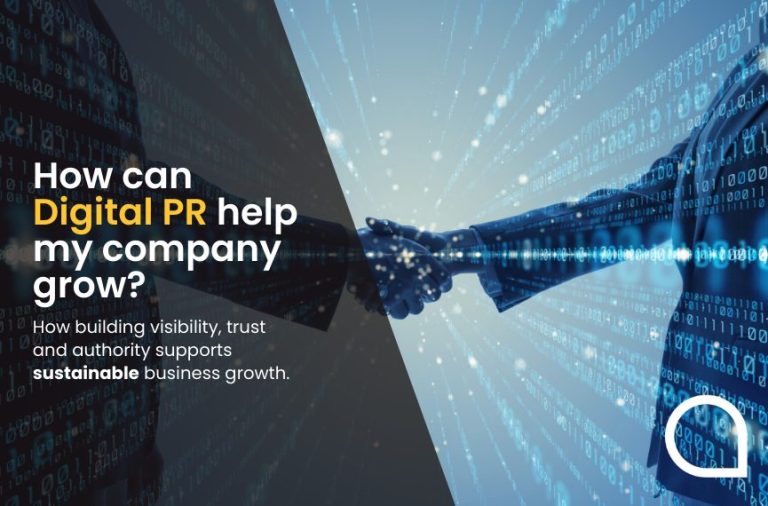
How can digital PR help my company grow?
Struggling to unlock the full potential of your business and kickstart growth? Public Relations (PR) could be the key. Often used to build a positive
Google’s MUM update launched earlier this year. MUM stands for Multitasks Unified Model, but what does that actually mean for your SEO?
Google MUM is Google’s approach to better understanding user intent. By using AI, Google will provide more accurate results with less additional searching being needed. Improved user experience is always a plus and Google’s MUM update is no exception.
Google has improved its search experience by using AI technology to overcome website language and formatting barriers. MUM can understand and translate over 75 foreign languages from sites across the globe.
This enables the search engine to access a wealth of previously inaccessible information. It also predicts what a user might search for next and provides more of what they want, without needing to carry out additional searches.
In reality, this means your website is now competing with many more sites around the world. However, MUM could also be good news, as it will encourage searchers to dive into smaller, independent resources through links and images not previously displayed on page one of Google.
MUM’s ability to complete searches using not just text, but images, videos and podcasts is a big plus point as this is likely to encourage users to give more specific search queries rather than relying on broad sweeping SEO friendly language. The update will now be able to explore visually and provide information that was preciously hidden in an image, referenced in an audio clip, or written in a customer review.
1. Improved user experience by providing better search results
2. Overcoming formatting and language barriers when searching
3. Avoids badly written and empty content
The last update to Google’s original natural language processing technology, was released in 2019 and called BERT (their first semblance at understanding human behaviour). It was capable of delivering intent-based searches with ease.
The new MUM update has been reported as being 1000 times stronger than its predecessor and is said to have a complete understanding of linguistics, while also accounting for context within speech or writing styles.
Keeping up-to-date with blog posts, articles and other content will always be a priority area for Google when crawling websites. However, we recommend you should also focus on incorporating information in different formats into your website, such as images or video.
This is because it presents your website as more authoritative, by offering multiple ways users can find what they need and by increasing the chances of a user clicking through from those links.
Whilst the update is a major step forward for Google, from an SEO and ranking perspective, as long as you continue to deliver a high-quality user experience, backed up by top quality content on your website, there is nothing to be overly concerned about.
The introduction of MUM shouldn’t massively affect your SEO strategy. But, there is a shift of emphasis to newer elements such as advanced content markup and something that Google refers to as ‘entities’.
Google defines an entity as “A thing or concept that is singular, unique, well-defined and distinguishable.”
In reality, this doesn’t necessarily mean a physical object, it could equally be a colour, date or idea. Entities can be people, places, products, companies, or abstract concepts.
Google used to evaluate page relevance based on how often certain keywords appear on a web page.
The more frequently these key phrases were repeated on the page, the greater their significance and importance and the more likely you were to rank in a Google search.
Nowadays, the importance of a page is not just about its topic or subject, it’s also about how well it fits in with other pages on the website and whether it has been written by a recognised expert in the field and if this is referenced to add authority. If certain keywords come up when you look through articles and pages, this can help give insight into what users might be searching for.
Establishing entities is more than just keywords. It’s a combination of using the right keyword phrases (in moderation), linking to relevant pages and adding proper markup, so that you can highlight important pieces of information in your content for readers who want more specific details about what they’re reading or watching.
Google’s complicated algorithms require a lot of processing power and they are now capable of analysing website pages in much greater detail. However, Google still doesn’t have the capacity to crawl every single page on the web.
In fact, Google uses a much simpler algorithms in order to pre-select pages based on relevance, quality and authority. Google will then go through the MUM process pulling specific pieces of content from relevant sources.
Backlink profiles are still being used to identify expertise, as well user experience signals identifying what’s valuable or interesting about the page. This is so that they can be explored more deeply when you click onto those links at the next stage of your search journey.
To make your content effective, you need to pay attention not just what information is included in each step of a customer’s journey, but also how it’s presented.
In conclusion, Google has achieved the seemingly impossible task of cramming even more relevant information into the search results that you see every day. By folding in different media types and languages, it can now provide a more rounded answer to more queries and increase the depth of material available in a typical search result.
Of course, there will always be constraints in what it can show, such as the constraints on typeface size (most people have difficult reading anything less than 12-point typeface), so by broadening the answer base, it is squeezing a quart into a pint pot. This means that your website is now rife with opportunities and as long as you already have great content, it’s now about optimising what’s already there so Google can find it, index it and rank it in search.
If you’re serious about SEO, it pays to use an expert service.
At Aqueous Digital, we know how to deliver real results. Our award-winning SEO and content optimisation services can transform your SEO performance.
Call us on 0800 285 1424 or email us at hello@aqueous-digital.co.uk for a free audit of your website and to have a chat about how we can support the success of your business.
Aqueous Digital’s Guide to the Top 501 SEO and Digital Marketing Terms
Aqueous Digital’s Ultimate Guide to the cost of SEO in the UK

Struggling to unlock the full potential of your business and kickstart growth? Public Relations (PR) could be the key. Often used to build a positive
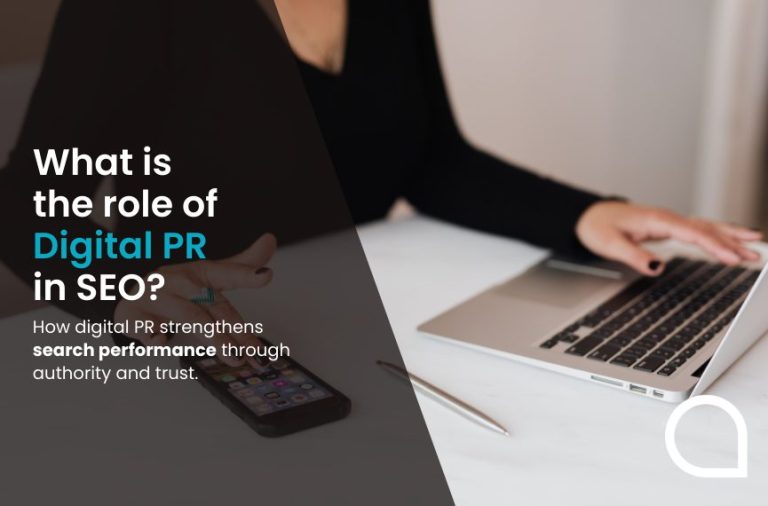
Weighing up whether your business should invest in marketing or public relations (PR)? As seasoned digital PR and marketing professionals, the expert team at Aqueous
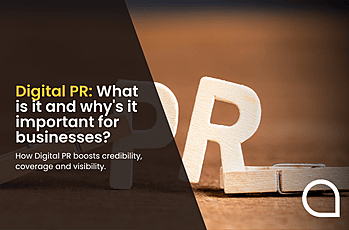
Digital public relations (better known as just digital PR) is quickly becoming an essential instrument in the modern marketers’ toolkit. As Google’s algorithms evolve and

There’s something about machine-written content that just doesn’t sit right with us. And it’s not just the written word either. Take Coca Cola’s latest Christmas
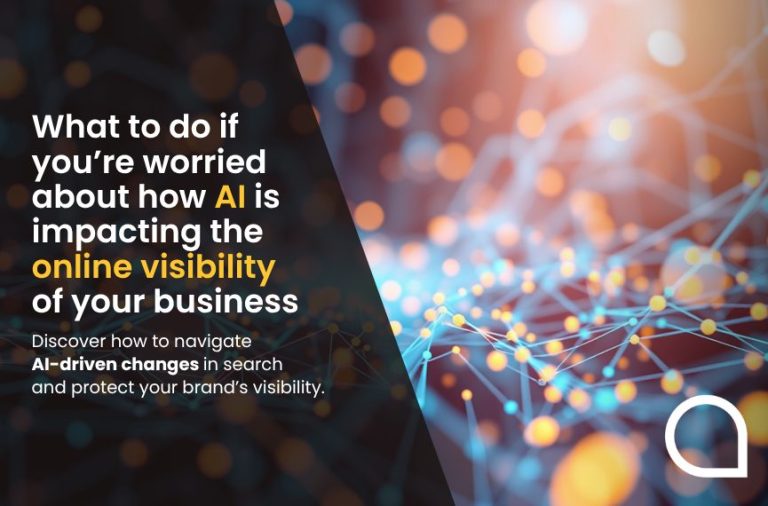
The way people find information online is evolving, and quickly. Artificial intelligence (AI), whether that’s applied generatively through tools like ChatGPT or in response to
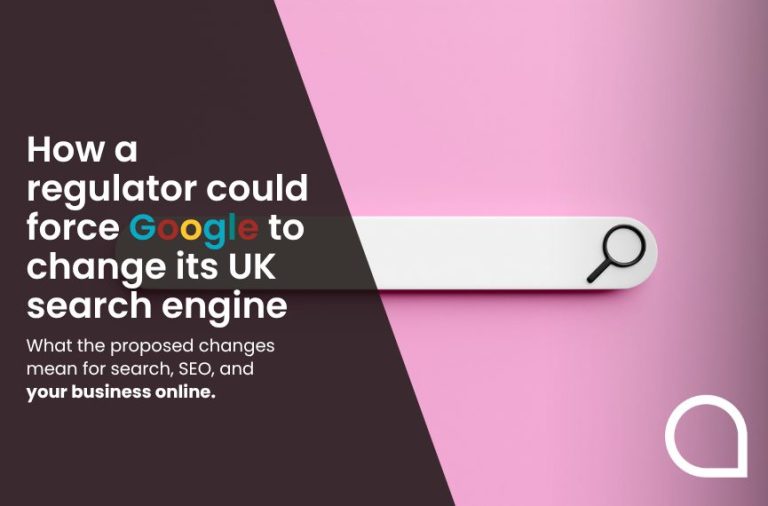
On October 10 2025, the UK’s Competition and Markets Authority (CMA) announced that Google had been granted strategic market status (SMS) in search services. Why